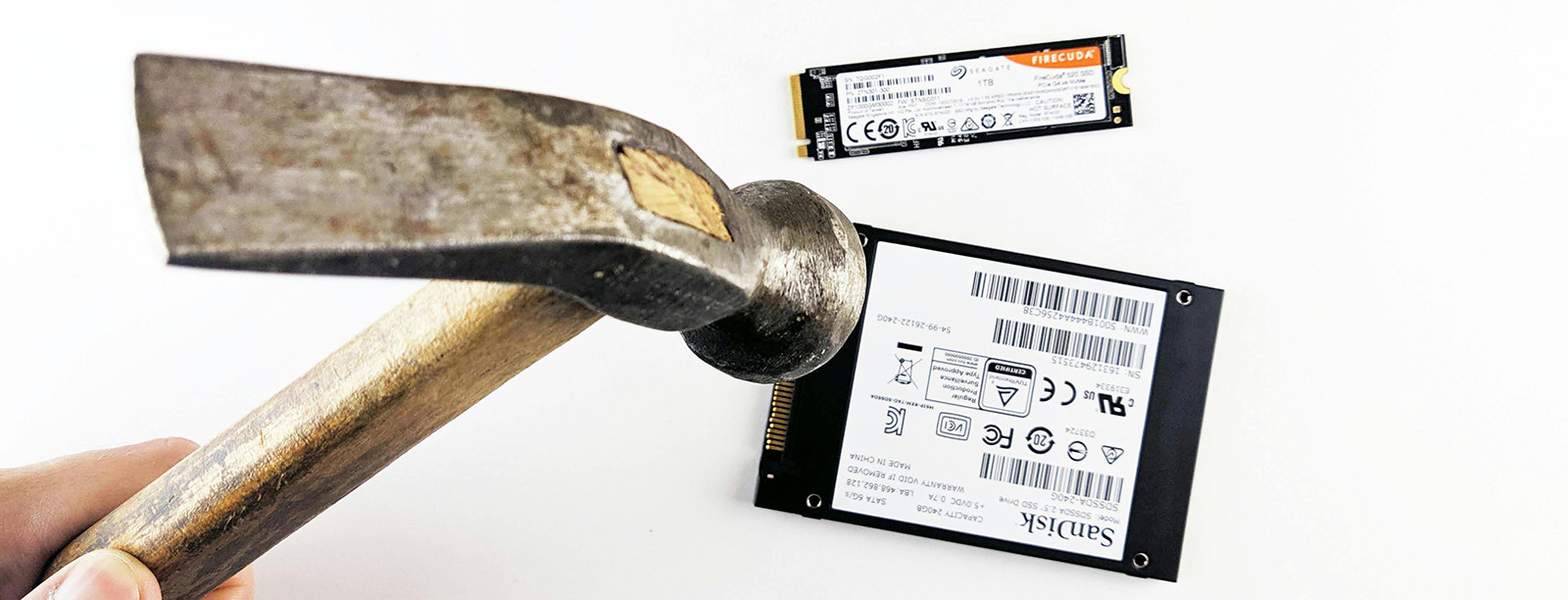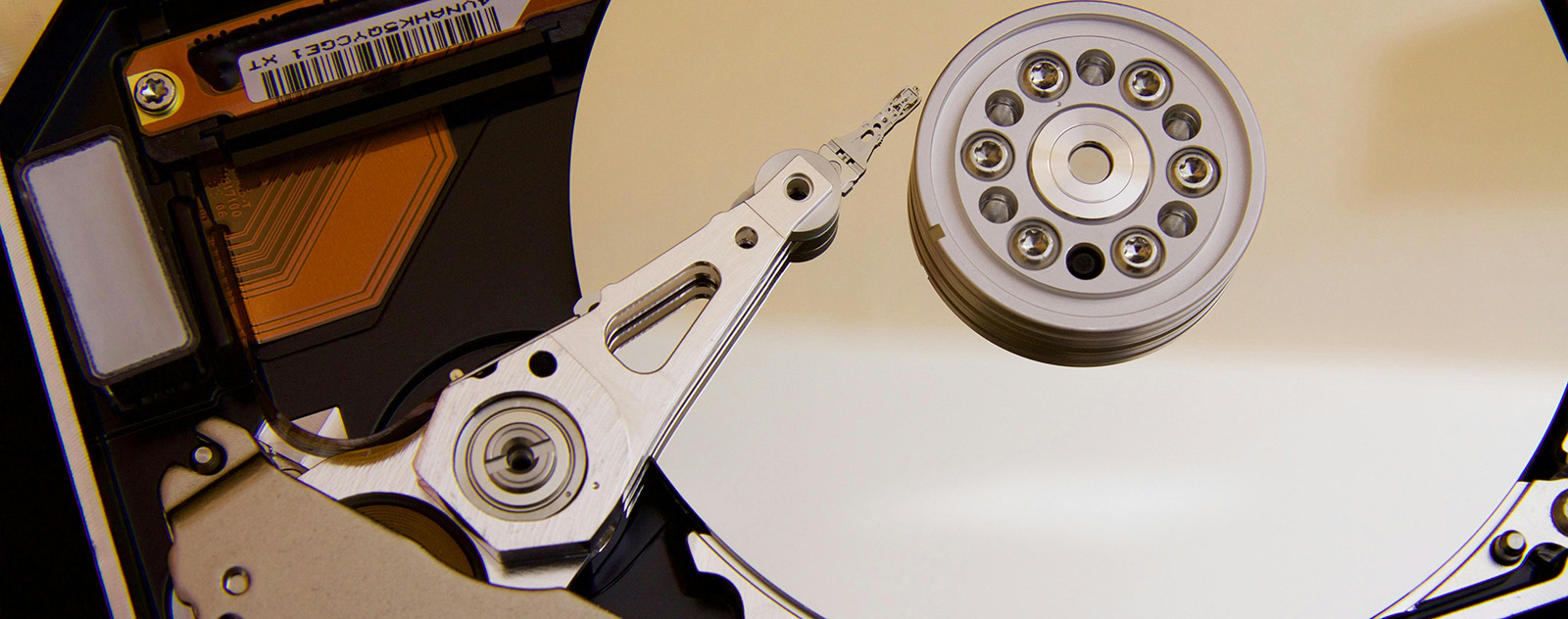Tag: Linux
-

Calico node fails to start with “unified resource “memory.oom.group””
If during setup of a Kubernetes cluster (in this case it’s microk8s) on a Raspberry Pi 5 running Ubuntu Server 24.10 you get the following error Error: failed to create containerd task: failed to create shim task: OCI runtime create failed: runc create failed: unable to start container process: error during container init: error setting…
-

Microceph error “Joining server certificate SAN does not contain join token name”
If you been banging your head against a wall for an hour or so, trying to figure out what is causing error Joining server certificate SAN does not contain join token name when trying to add a node to a microceph cluster, bang no more, I’ve found a reason and I will share it with…
-

Custom DNS servers for Raspberry Pi (and other Debian/Ubuntu Linux distributions)
Sometimes simple things are absurdly complicated with Linux. I get it, new versions etc. But man… Anyhow, if you don’t want to waste an hour looking for a working solution to the problem of setting static IP address and DNS servers for you Raspberry Pi running Ubuntu or Raspberry OS (acutually, any linux distribution using…
-

How to prepare a new node on a Ceph cluster
In this article we will concentrate on Microceph implementation of the Ceph storage platform Adding a new node to the Microceph cluster is a relatively simple task I already described in a separate article. But, there are a few extra steps that you can take to just make it better. Drives and OSD Ceph OSD…
-

Expanding Linux MD RAID: How to Resize Your Array Safely
Linux MD, also known as the Multiple Device , is a software RAID (Redundant Array of Independent Disks) system used in Linux. It allows you to create virtual devices by combining multiple physical devices, such as hard drives or partitions, into a single array. This array can provide redundancy, improve performance, or both, depending on…
